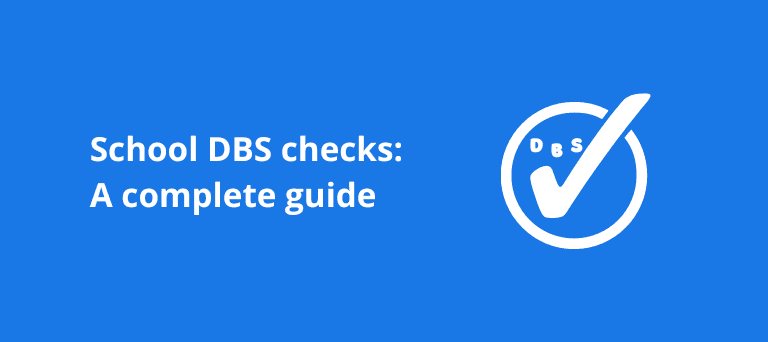3 May 2023
5 Top Tips for SEN Teaching Assistants: Essential Strategies to Support Children with SEND
Vicky Gould
5
min read
Our top tips for SEN Teaching Assistants
As an SEN (Special Educational Needs) Teaching Assistant, you play a crucial role in supporting children with complex needs to achieve their full potential. To help you excel in an SEN TA role, we’ve put together a list of 5 top tips for an SEN Teaching Assistant, complete with essential strategies that you can use to support children with SEND (Special Educational Needs and Disabilities). So, let’s dive in!
1. Remember the Three Ps: Patience, Positivity, and Perseverance
Being an SEN Teaching Assistant requires a unique skillset, and it's important to be patient, positive, and perseverant. Children with SEN may take longer to understand something or complete a task, so it's crucial to be patient and offer guidance to help them succeed. Being positive and offering plenty of praise when they get it right can help build their confidence, while persevering with their learning is essential to ensure that they achieve their full potential. So, remember the three Ps – patience, positivity, and perseverance – and use them to support children with SEN.
2. Establish a Routine That Works for Your SEN Pupils
Routines are essential for SEN pupils to feel comfortable and work to the best of their ability. When you start your SEN Teaching Assistant role, be sure to establish a classroom timetable and adapt your routine to fit with this. Providing a clear structure for your SEN pupils' learning can help them feel more secure and confident, while planning ahead and staying organised can help you keep things consistent. So, take the time to establish a routine that works for your SEN pupils, and you'll be amazed at the positive impact it can have on their learning and progress.
3. Prioritise Positive Relationships and Encourage Inclusion
Children with SEN, especially those with Autism Spectrum Disorder (ASD), are more likely to experience bullying, so it's essential to prioritise positive relationships and encourage inclusion. As an SEN Teaching Assistant, you can facilitate positive attitudes towards differences and support children with social difficulties to maintain positive friendships. This can be extremely valuable in supporting their emotional wellbeing and overall progress.
4. Communicate Effectively with Colleagues and Parents Using the SENCO Code of Practice
Effective communication is key when working with a child with SEN, and it's essential to share knowledge and keep lines of communication open. Your SENCO (Special Educational Needs Coordinator) should provide you with detailed information regarding the child's area of need and agreed outcomes, as well as copies of any reports and recommendations from other specialists and professionals who may be involved with the child. By using the SENCO code of practice, you can ensure that you're communicating effectively with colleagues and parents to support the child in the most effective way possible.
You can also improve your communication with students by learning some basic signs in Makaton and/or British Sign Language.
5. Adopt a Positive and Proactive Approach to Behaviour for Learning
A proactive, positive, and supportive approach to behaviour can benefit all children, and it's essential to adopt this approach when working with children with SEN. The SEND (Special Educational Needs and Disabilities) code of practice provides a helpful framework for adopting this approach, encouraging and rewarding positive behaviour, explicitly prompting, modelling, and reinforcing positive behaviours, and understanding the reasons behind challenging behaviour. By adopting a positive and proactive approach to behaviour, you can support children with SEN to learn, grow, and achieve their full potential.
In conclusion, being an SEN Teaching Assistant can be a challenging yet rewarding role. By remembering the three Ps, establishing a routine, prioritising positive relationships, communicating effectively with colleagues and parents, and adopting a positive and proactive approach to behaviour for learning, you can support children with SEND to achieve their full potential and make a positive impact on their lives.
Keep in mind that each child with SEN is unique and requires an individualised approach that caters to their specific needs. With patience, positivity, and perseverance, you can build a supportive and inclusive environment that fosters growth and development.
Search blog posts …
Search







